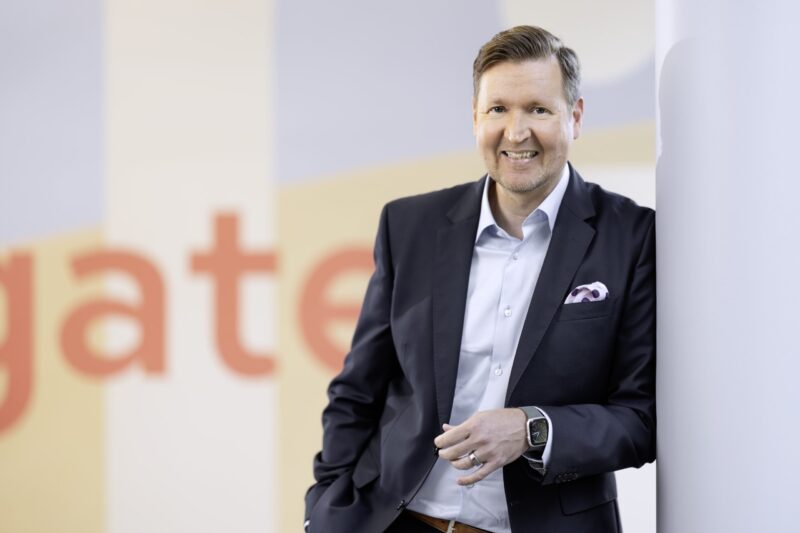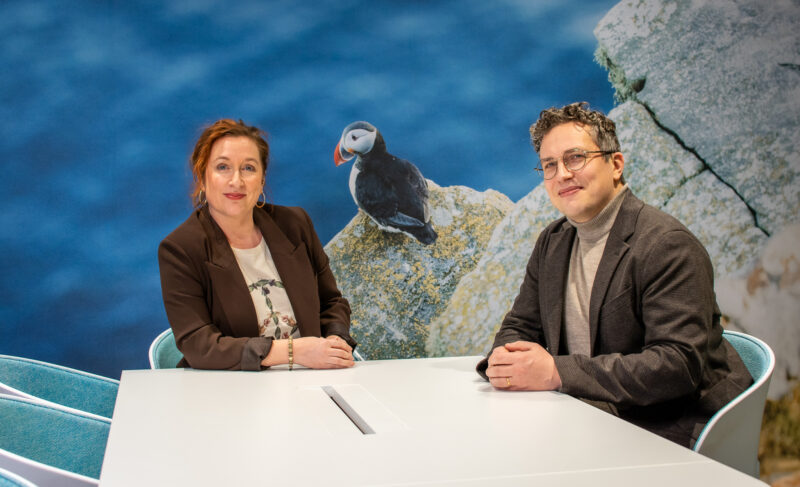Agents and people – What is HR’s role in AI’s productivity leap?
Autonomous AI agents have the potential to double the efficiency of knowledge work, but at the same time, they are revolutionising the way organisations operate. HR plays a key role in managing this transformation, argues our CEO Sami Karkkila.
Last autumn we conducted a market study about technology projects and their success rates in Finnish companies. The study revealed several interesting findings.
The biggest surprise was that the results were contradictory. While most companies considered their technology projects successful, only one-fifth reported that these investments had led to significant productivity gains.
Another noteworthy finding was the level of employee involvement. In only one-fifth of the companies, employees had played a central role in technology projects, despite the fact that technology always reshapes every employee’s daily work experience.
What do these results tell us?
First, they indicate that Finnish companies are settling for too little. Many are satisfied as long as the project stays within budget and on schedule. Most companies do not know how to, are unwilling to, or do not bother to leverage technology in a way that would drive a real productivity leap.
The second conclusion is that companies have overlooked their most valuable resource in these projects: their employees.
I argue that Finnish companies have untapped potential for a productivity leap. The issue is not the need for additional investments. Instead, it is about fully utilising the existing technology, especially the AI capabilities of modern business platforms, in a way that actively involves both employees and HR.
From assistant to autonomous agent
AI is a hot topic in every company. However, only a fraction of Finnish firms have progressed even to the first phase of utilising it, where generative AI serves as a kind of assistant for knowledge workers. When AI is used for tasks such as writing meeting notes, preparing PowerPoint presentations, and retrieving information from various sources, knowledge work productivity can typically be increased by about 20%.
We are, however, already entering the second phase of this transformation, where autonomous AI agents can take over entire tasks and process steps. These agents can, for example, respond to customer feedback or analyse and report project data. When AI agents operate independently but under human guidance, a real productivity leap can be expected, potentially doubling efficiency.
Naturally, this shift impacts not only business operations but also employees and their work experiences. HR plays a crucial role in preparing organisations for the arrival of new AI-powered colleagues into their teams.
From onboarding to career path planning
AI enhances all types of expert work, so it is only natural that it can also be leveraged in various HR processes to benefit everyone: employees, HR professionals, and top management alike.
For example, AI can automate employee onboarding, making it easier and faster for new hires to integrate into the workplace. Similar self-service processes can also be built for managing employee guidelines, contracts, and benefits. AI can even assist in creating personalised training and career development plans for employees.
For senior management, AI primarily supports the strategic planning of workforce needs. By using business strategy-based models and scenarios, companies can develop more precise plans and budgets regarding the demand for different skill sets and their training needs.
As in all expert work, AI-driven productivity gains in HR stem from process automation. The good news is that this also frees up professionals to focus on the strategic core of their work. After all, AI will never replace human insight or the ability to connect with another person.
Author:
Sami Karkkila is the CEO of Sofigate. Sofigate has over 800 employees in the Nordic countries. In the Karkkila blog series the CEO considers sustainable growth leadership in a new, ever-changing reality.



